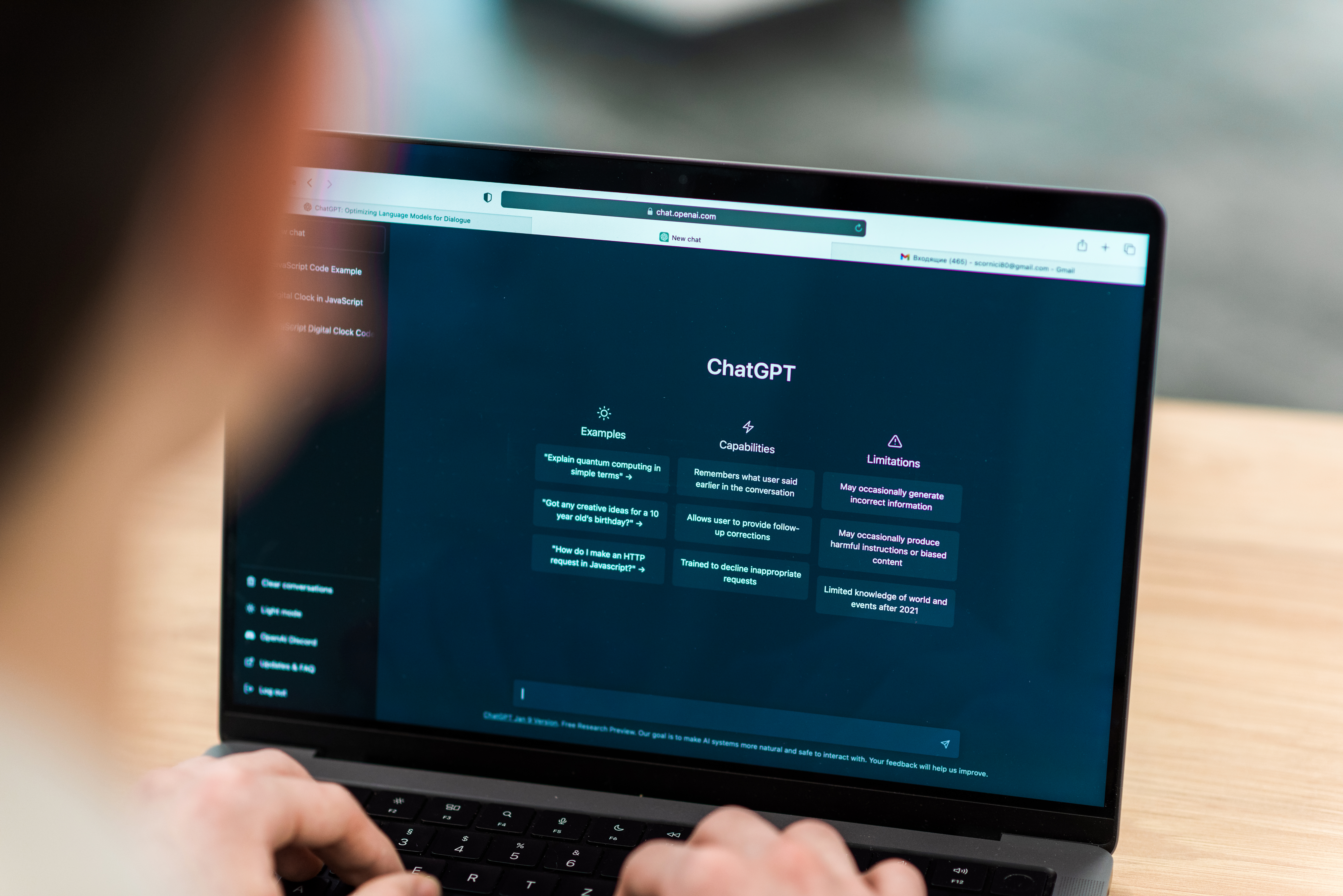The network, allegedly led by former police inspector Carmine Gallo, businessman Enrico Pazzali and cybersecurity expert Samuele Calamucci, created a system called Beyond to compile thousands of records from state systems, including confidential financial and criminal records.
Police wiretaps captured suspects boasting they could operate all over Italy. Targets included senior officials such as former Prime Minister Matteo Renzi and the president of the Senate Ignazio La Russa.
Investigators say the gang presented itself as a corporate intelligence firm while illegally accessing phones, computers and government databases. The group allegedly sold reputational dossiers to clients, including major firms such as Eni, Barilla and Heineken, which have all denied wrongdoing or said they were unaware of any illegal activity.
The probe began when police monitoring a northern Italian gangster uncovered links to Gallo. Gallo, who helped solve cases including the 1995 murder of Maurizio Gucci, leveraged contacts in law enforcement and intelligence to arrange unlawful data searches for Equalize.
The operation collapsed in autumn 2024, with four arrests and dozens questioned. After months of questioning and plea bargaining, 15 defendants are due to enter pleas this month. Officials warn the case shows how hackers can weaponise state data, calling it ‘a real and actual attack on democracy’.
Would you like to learn more about AI, tech and digital diplomacy? If so, ask our Diplo chatbot!









